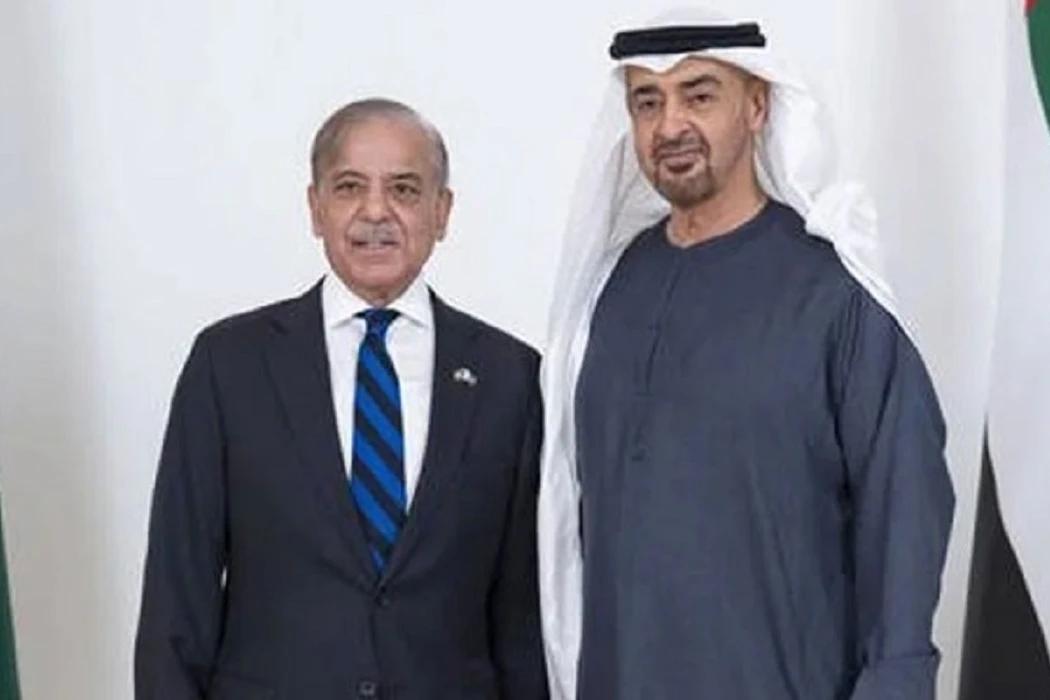The failure to raise the money on time has eroded trust in climate negotiations

Paris (AFP): Wealthy countries met their target of providing $100 billion in annual climate aid to poorer countries for the first time in 2022 though two years later than promised, the OECD said Wednesday.
The failure to raise the money on time has eroded trust in climate negotiations and the OECD report comes as nations race to set a more ambitious goal by November.
In 2009, developed nations promised to raise $100 billion a year by 2020 to help low-income countries invest in clean energy and cope with the worsening impacts of climate change.
More than a decade later this target was finally met for the first time in 2022 with $115.9 billion raised, the Organisation for Economic Co-operation and Development said.
"This achievement occurs two years later than the original 2020 target year," said the OECD, which tracks official figures on climate finance pledges.
Climate finance can come from governments in the form of bilateral aid, multinational development lenders like the World Bank, or the private sector.
Most of the $100 billion disbursed in 2022 went to climate action that limits the release of heat-trapped greenhouse gases, the OECD said, mainly in clean energy and transport improvements.
The $100 billion target is nowhere near what experts say developing nations will need for renewable energy and adaptation measures like coastal defences against rising seas.
A panel convened by the UN estimates these countries -- excluding China -- will need $2.4 trillion a year by 2030 to meet their climate and development needs.
Many developing economies least to blame for the greenhouse gases that stoke global warming are among the most exposed to the costly and destructive effects of worsening weather extremes.
'Creative accounting'
Climate finance is a thorny issue at the annual UN climate talks and negotiators have been working this year to try and set a new goal to replace and go beyond the $100 billion target.
The hosts of this year's COP29 in gas-rich Azerbaijan have made the matter a priority and hope to have an ambitious agreement inked during the summit in November.
Negotiators meet next week in Bonn for crucial midyear talks where sticking points over this new financial target will be thrashed out.
Some parties want China and other major emerging economies to chip in, while there is disagreement over how much should be raised, how the money is managed, and who is eligible for it.
Some developing nations want their climate action to be contingent on receiving financial aid.
India, for example, has proposed that developed countries provide $1 trillion in climate finance every year from 2025 -- 10 times the current target.
Climate activist Harjeet Singh said the process had been "riddled with ambiguity and inadequacies".
"This isn't the time for creative accounting or fiscal loopholes. Rich countries urgently need to step up, clear these smokescreens, and deliver real, substantial financial support," he said.

Trump discovers that the road to autocracy is lined with potholes
- a day ago

Could lab monkeys soon become a thing of the past?
- 2 minutes ago
Bangladesh Jamaat-e-Islami concedes defeat in election
- 16 hours ago
Boycott averted, Pakistan and India set for World Cup blockbuster
- 16 hours ago

How to train yourself to enjoy winter
- a day ago
Imran Khan, both sons talk over phone after prolonged hiatus
- 12 hours ago
First National Chief of Army Staff Wrestling Championship 2026 concludes in Sialkot
- 9 hours ago

Gold prices increase in Pakistan, global markets
- 16 hours ago
Tucker stars as Ireland crush Oman by 96 runs at T20 World Cup
- 12 hours ago
PM Shehbaz unveils Rs38b Ramazan Relief Package
- 15 hours ago

They backed Trump. Then Border Patrol arrested their neighbor. What now?
- a day ago

YouTube is coming to the Apple Vision Pro
- 2 hours ago





